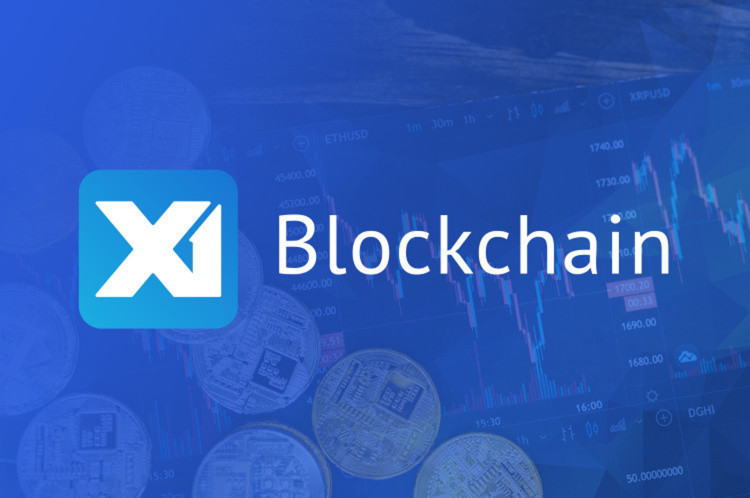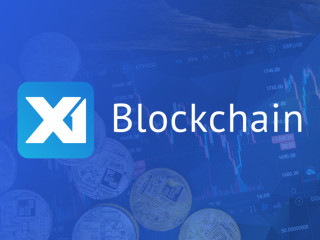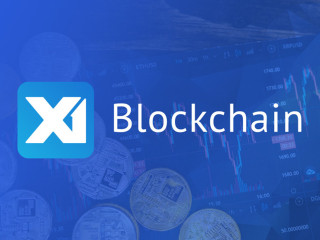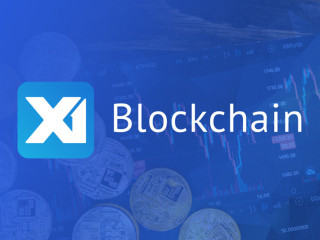
Big breath as Beacon Chain stops finalizing ... and then recovers
05-12-2023The Ethereum mainnet briefly stopped finalizing transactions but recovered after 25 minutes.
An unidentified issue on Ethereum’s Beacon Chain led to an issue with transaction finality for nearly half an hour on May 11.
Around 8:15 pm UTC on May 11, a number of Ethereum core developers announced that the Beacon Chain was having issues confirming transactions. New blocks were able to be proposed, but an unknown issue was preventing them from being finalized.
The beacon chain stopped finalizing about thirty minutes ago. I don't know why yet, but in general the chain is designed to be resilient against this, transactions will continue as usual and finalization will kick in when the problem is resolved. pic.twitter.com/utAS0uAWpG
— superphiz.eth ️ (@superphiz) May 11, 2023
A similar issue occurred on March 15, where low validator participation rates caused a delay on the Goerli testnet version of Ethereum’s “Shapella” upgrade, which was successfully executed on mainnet on April 12.
The Beacon Chain is Ethereum’s original proof-of-stake blockchain, first launched in 2020. On Sept. 15, 2022, Ethereum’s pre-existing proof-of-work chain “merged” with the Beacon Chain, finalizing the network’s transition to a faster and more environmentally friendly proof-of-stake consensus mechanism.
After 25 minutes the mainnet began finalizing blocks once more, with Ethereum core developer and Prysmatic Labs co-founder Preston Van Loon announcing that “finality has been restored.”
Finality has been restored. We do not know the root cause yet, but something happened to cause several client implementations to work really hard to keep up with the chain.
— prestonvanloon.eth (@preston_vanloon) May 11, 2023
According to data from blockchain analytics provider Beaconcha.in, Ethereum epochs 200,552 to 200,554 witnessed a sharp and sudden decline in the number of attestations.
An epoch is a period of 32 “slots” during which validators propose and attest for blocks. An epoch typically lasts about six minutes and 24 seconds.
The cause of the issue remains unclear, however Ethereum developers said that the problem is being investigated to prevent it from occurring again.
Following the incident, pseudonymous Ethereum consultant Superphiz noted that “client diversity” was one of the main reasons that the loss of finality was so short-lived. However, he also pointed out that the loss of finality could’ve been avoided altogether if no client had more than 33% control.
Client diversity refers to the number of software clients available to network validators, and greater diversity among clients means a more secure and robust network for validators.
Source: Cointelegraph.
More from this category

Charles Hoskinson points to 2 major upgrades amid Cardano ‘dunking’
04-08-2024The Cardano co-founder is fighting FUD again following a BitBoy video claiming ADA is dead. Cardano co-founder Charles Hoskinson has his eye on two major upgrades — at least one of which is slated th...

Over $1B in US Treasurys have now been tokenized on-chain
03-28-2024The new milestone was reached shortly after the launch of BlackRock's first tokenized asset fund — BUIDL, which joined 16 other tokenized government securities funds last week. More than $1 billion w...

Sygnum bank to tokenize $50M of Matter Labs’ reserves for transparency
03-20-2024The crypto-forward banking group is tokenizing funds in the Fidelity Institutional Liquidity Fund, the first time it has tokenized traditional assets. Swiss-based global digital asset banking group...